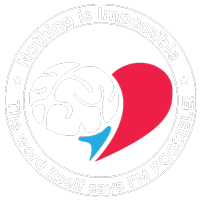Mental Health Day – Mental Health vs Emotional Health 10 Oct 20
Today is Mental Health Day.
So much has been done in the past 10-15 years to end the stigma attached to mental health and the following explanation can help you let go of that stigma once and for all.
Personally, and I’ve said this before, I don’t like the expression ‘mental health’, I would much prefer that we talked about ’emotional health’ because all mental health issues, even the worst cases that lead to the development of proper mental illnesses are triggered by an event or a series of events that have had an emotional impact on the sufferer (of course genes also play their part in this).
Where the confusion lies and therefore the stigma comes from, is that emotions dictate most of our behaviour and when our emotions are not healthy our behaviour is not healthy, it is not what is considered within the norm of being mentally healthy.
Emotions are not a cognitive process, and because when we talk of the mind we automatically intend the cognitive mind, here’s how the stigma is created.
Emotions are a process that take place in other regions of the brain, and the amygdala response plays a big part in emotions and affects hugely someone’s behaviour and can do so for the rest of their life.
This means that there is nothing cognitively wrong with someone suffering with emotional issues, (from anxiety to chronic depression and even personality disorders and many others) but their thinking is impaired because of their emotions and as a result their behaviour is not within the norm.
To give you an extreme example, the worst cases of early childhood trauma give rise to the worst kind of behaviours such as that of sociopaths and paedophiles.
The stigma associates people with emotional issues with people with cognitive issues, with an actual cognitive disability due to brain defect or damage but it’s quite different and I hope this can give you some insight on yourself or someone you know who suffers with mental health issues.











Leave a Reply